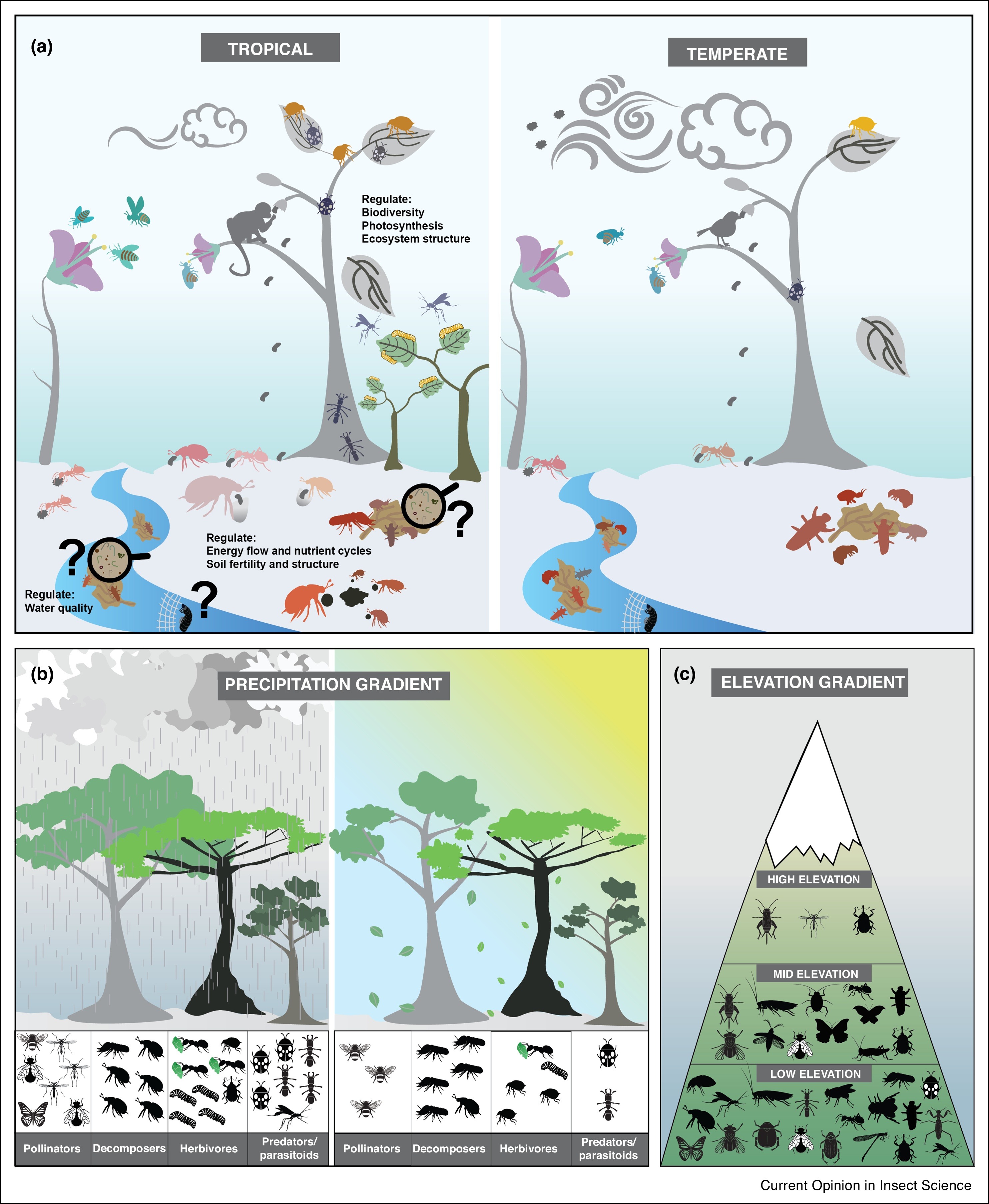One Earth, Volume 3, 21 August 2020
Global climate change and land degradation are two grand changes facing humanity. In this perspective, we examine how degraded and abandoned farmland can be harnessed to fight climate change. Building upon and extending natural climate solutions, we suggest that the carbon capture and storage of abandoned farmland can be accelerated and maximized through restoring the diversity of plant species, applying biochar to soil, and co-developing renewable energy such as solar power. The benefits of these approaches extend far beyond climate-change mitigation and land restoration.



